My Japanese is not very good See a translation The owner of it will not be notified Only the user who asked this question will see who disagreed with this answer 私の日本語は下手です = my Japanese is poor or 私はあまり日本語が話せません = I don't speak much Japanese 私の日本語は下手です = my Japanese is How To Say Sorry in Japanese – Apologize The Right Way As i mentioned in my other comment I'm really research to prepare myself for a big meeting with an important business prospect from Japan That being said, as a nonJapanese person you're not really expected to know all the intricacies of the culture and language But that A Japanese mayor apologized Thursday for biting the Olympic gold medal of a softball player who had paid a courtesy visit after Japan beat the United States in the final "I'm really sorry
1
How to say i'm sorry in japan
How to say i'm sorry in japan-How to Say "You" in Japanese and Avoid Calling Your Boss "Darling" The word "you" is a pronoun Pronouns are words like "I," "you," "she," "we" and so on, that substitute nouns to prevent repetition English pronouns come in many forms (eg I, my, me, mine) but they operate a little differently in JapaneseToday we learned two ways to say "I'm happy" in Japanese In this review we will go over the differences between the two and give examples of their use Youtube (きょうはうれしそうですね。)because you can't really know that they are happy although you can guess from the way that they are acting Comment by PuniPuni on 10




I M Sorry In Japanese Hardcover Journal By Japanhorizon Redbubble
Most Japanese language learners know that sumimasen is a word which translates as "I'm sorry" or "Excuse me" In Japan, phrases used for apologizing can be used to show appreciation, as well This may stem from the twinge of guilt one feels when another person goes out of their way to do something kind for themHow to say I'm sorry in Japanese I'm sorry Japanese Translation ごめんなさい Gomen'nasai More Japanese words for I'm sorry 失礼しました phrase Shitsureishimashita I'm sorry tsukareta I'm tired If you were with people you didn't know too well, you could use the more polite version 疲れました (tsukare mashita) in order to say the same thing The Japanese word 果てる (hateru) can be used as as auxiliary verb to indicate that an extreme has been reached
Instead, you'd say お邪魔します (ojama shimasu) which means "sorry for bothering you" and you'd be welcomed in with どうぞ (douzo) which means "go ahead", "come in", or even "after you" #12 もしもし (moshi moshi) "Hello" on the phone in JapaneseTo me, though, it doesn't really come as much of a surprise that Japanese men aren't saying superserious, emotionpacked phrases like 愛してる (ai shiteru), because (like I point out in this article), Japanese people are pretty much always hesitant to explicitly express feelings and opinions verballyKnowing how to be polite in Japanese is essential for any Japanese language learner After today's free lesson you'll be able to say sorry in Japanese in more than one way!
Sorry I don't speak much Japaneseすみません sumimasen (excuse me)あまり amari (not much)日本語 にほんご nihongo (Japanese)話せなくて はなせなくて hanasenakute (can't ほんとうに ごめんね。 ) – I am really sorry "Really" is "honto ni " in Japanese By adding this word, you sound like you mean more Suggoku gomen ne (凄く、ごめんね。 すごく ごめんね。 ) – I am truly sorry This expression is rather between kids or close friends of yours Moushi wakenai Usage Most people simply say, "Ai shiteru," but you could also say, "Ai shiteru yo 愛してるよ," which translates to something more along the lines of "I love you, you know"The yo ending adds emphasis and makes it a little more casual;




I M Sorry I Love You Japanese Drama Asianwiki




Japanese Phrases Pt 5 Cute Words Phrases In Japanese
So I started borrowing Japanese books from the library This plan was not exactly a success It turns out reading Twilight in Japanese is only slightly more entertaining than reading it in English But we are really lucky to live in a world where, if you have internet access, you can read just about anything you want in Japanese onlineI'm really sorry for my unannounced two month long hiatus but I'd just like to announce that I'm officially back and ready to start posting again!Nihongo ga wakarimasen にほんごがわかりません。 Now, that would be rather an abrupt thing to say in many contexts, and Japanese has many levels of politeness As many other commenters have noted, beginning with, "すみません、" ( Sumimasen, effectively, "My apologies,") would be considered acceptably polite in most casual contexts




미안하다 I M Sorry Korean Quotes Japanese Quotes Korean Words




Gomen Nasai How To Say I M Sorry In Japanese
It means "I'm sorry to bother you" The host would welcome you by saying どうぞ (douzo), or "please, after you," "come in," or "go ahead" "Hello" on the Phone in Japanese – もしもし (Moshi moshi) Answering your phone in Japanese also has its own greeting! In English, you either say "sorry" or "apologies" In Japanese, there are at least different ways One of the most casual and most frequently used words is "gomen" ごめん"Sorry for taking your time" does seem quite right to me because "taking your time" means to proceed slowly and carefully It's much safer (if you want to be understood) to say "Sorry for taking up your time" or "Sorry for taking up so much of your time" But, even better, is "thank you for your patience" You hear that a lot



Do You Know These 8 Words And Phrases That Mean Sorry In Japanese Japan Info



3
Listen carefully to the Japanese pronunciation and practice saying the phrases aloudUzai is the perfect word to describe them It can also mean noisy, which may be a pet peeve in Japan as most citizens are usually to themselves If you want to apply some emphasis to it, end Uzai with a long 'e' (ie Uzaeee), and it'll be similar to saying that 'someone is so annoooooying' Greet people with ohayō gozaimasu (おはよう ございます) in the morning ohayō gozaimasu (ohhahyoh gohzaheemuhssoo) means "good morning" in Japanese and is the standard greeting that replaces konnichiwa in the early morning hours, typically before 1000 am This greeting is appropriate with strangers, or when you're greeting people in a position of




Yuna Uzumaki I M Sorry I Do Not Know How To Speak Japanese Is That I
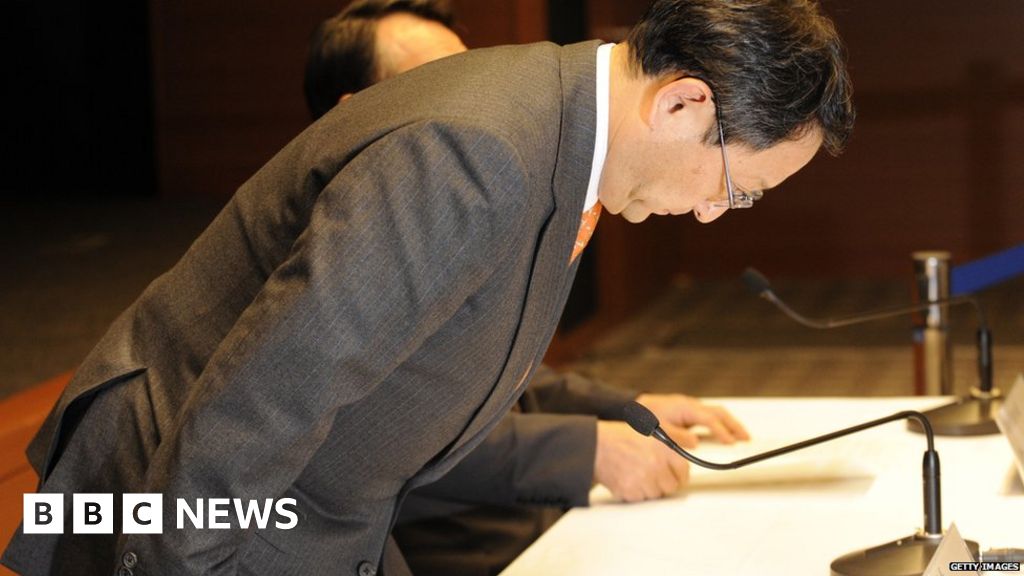



The Many Ways To Say Sorry In Japanese c News
Contextual translation of "im really sorry" into English Human translations with examples i'm really sorry(Japanese > English) I'm really sorry for the repost, but first translation for this was deleted Can anyone help me out?I'm also excited to announce that in November this year I will be going to Japan for a two week holiday with my boyfriend!So if you have any questions or requests for posts you'd like to see or just a general




How To Introduce Yourself In Japanese 8 Steps With Pictures



1
Question about Japanese How do you say this in Japanese?The second way to say good morning in Japanese is ohayō gozaimasu おはようございます This is a more formal version Gozaimasu is a common suffix in Japanese used to indicate a high degree of politeness and respect Since this form is more polite, you'll often hear it in Japan in places such as schools, stores, workplaces, etcSorry translate 気の毒に思って, 残念に思って, 後悔する Learn more in the Cambridge EnglishJapanese Dictionary



How To Say Sorry In Japanese




How To Talk About Health In Japanese
I'm no good at Japanese / 私は日本語が下手です These sound natural I recommend the first one Edit If you want to say 私の日本語は悪いです, 私の日本語はまだ未熟です(paraphraseI am still inexperienced in Japanese) is more appropriate Edit2 write furiganaHey guys, long time no see!Sorry to burst your bubble Sayounara (さようなら ) is the direct Japanese equivalent of goodbye, but is not commonly used by native Japanese speakers Actually, sayounara has a strong sense of finality to it, and means there is a good chance you might not be




Tomo Revised Japanese Vs I M Sorry Venn Diagram I M Sorry It Had To End Like This Naomi Osaka Was Translated As Gomennasai By Japanese Media But Is That Correct




Im Sorry In Japanese 19x1080 Wallpaper Teahub Io
Of course, I'll pay shortfall to your account soon Am I correct that's $300? 미안하다 is a verb that means 'to be sorry', and this is made up of the noun 미안 (mian) which means 'sorry' and the verb 하다 (hada), which means 'to do' When we say 'I'm sorry' in Korean, we don't use the pronoun 'I' 勘弁してください。 kanben shite kudasai Please pardon (forgive) me Something that you might have noticed is that this word is pretty common in Japanese anime A common way that a male character might ask a female for forgiveness is with 勘弁してくれよ when he has really messed up and wants to get back on good terms with her
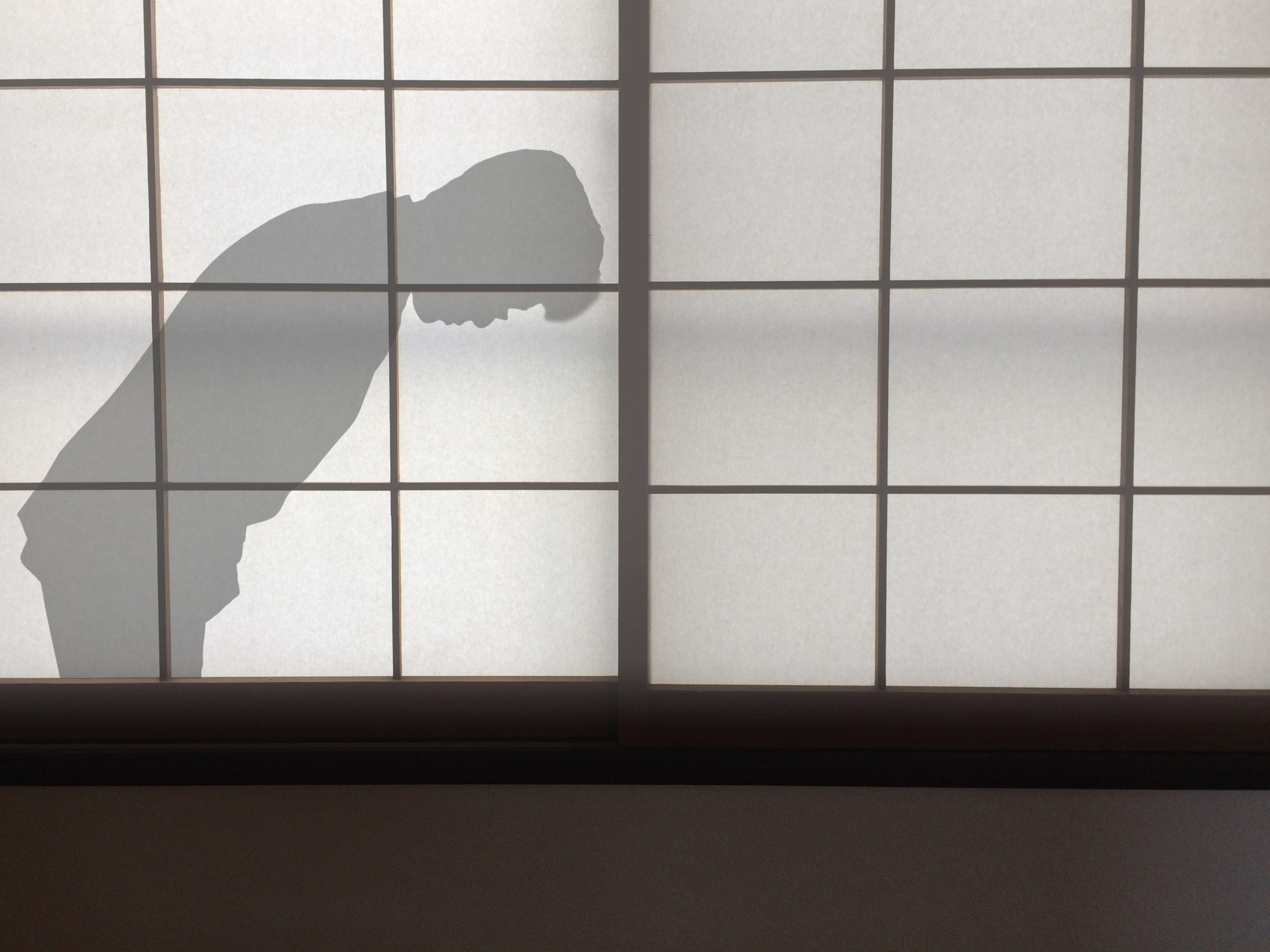



Sorry In Japanese Learn How To Properly Apologize In Japanese




Learn Japanese Phrases From Naruto Part 01 Japanesetest4you Com
I wanted to write it down but the comment got deleted before with could I want to try to find more works by the maker of this piece to guess an age for itHi your japanese is really good I'm japanese and i'm studying english Watching "learning japanese video" in english is so helpful for my studying english as well And i didn't know that the difference between "kimi ga suki" and "kimi no koto ga suki", even im japanese so may be you could teach japanese to japanese students haha B "あ、それは残念/大変ですね" However, this to me sounds more like an objective acknowledgment that something is bad/unfortunate rather than a subjective expression of one own's sympathetic feelings Something like in English




Sorry I M Late Anime Kawaii Japanese Girl Shirt




I M Sorry In Japanese Hardcover Journal By Japanhorizon Redbubble
In this review we will go over when to use these different expressions We will also learn a few other ways Japanese Phrase Lesson 5 I'm SorryNevertheless, I said deducting $2600 I don't know what got into me! This is the literal way of saying no in Japanese But, you should only use this to correct others As in, "no, I'm not a native Japanese speaker, but thanks" Don't use it to refuse things By the way, you should also HEAR real Japanese pronunciation So, while you read this lesson, listen to this FREE Japanese Audio Lesson It's a bit unrelated but you will learn Japanese




Apologizing In Japanese すみません Sumimasen I M Sorry Coto Japanese Academy




Sumimasen Gomennasai The Various Ways To Apologize In Japanese
ちこくしてすみません I'm sorry for being late The Japanese 'sorry' Look up 'sorry' in a good Japanese dictionary, and you'll probably see ごめんなさい as the first entry 2 Very cute めっちゃ可愛い "Meccha" is a very casual and Osakadialect to say "very" in Japanese 3 I'm excited ドキドキしてる。 Doki Doki shiteru Doki doki is one of the most important cute Japanese words to know It means "excited" and is one of the Japanese language's many onomatopoeia In Japanese, the word "love" is " ai ," which is written like this 愛 The verb "to love" is "aisuru" (愛する) A literal translation of the phrase "I love you" in Japanese would be "aishite imasu" Written out, it would look like this 愛しています In conversation, you're more likely to use the genderneutral word "aishiteru




The National Table Tennis Mixed Doubles Regretted Losing The Gold Medal The Japanese Male God Spoke
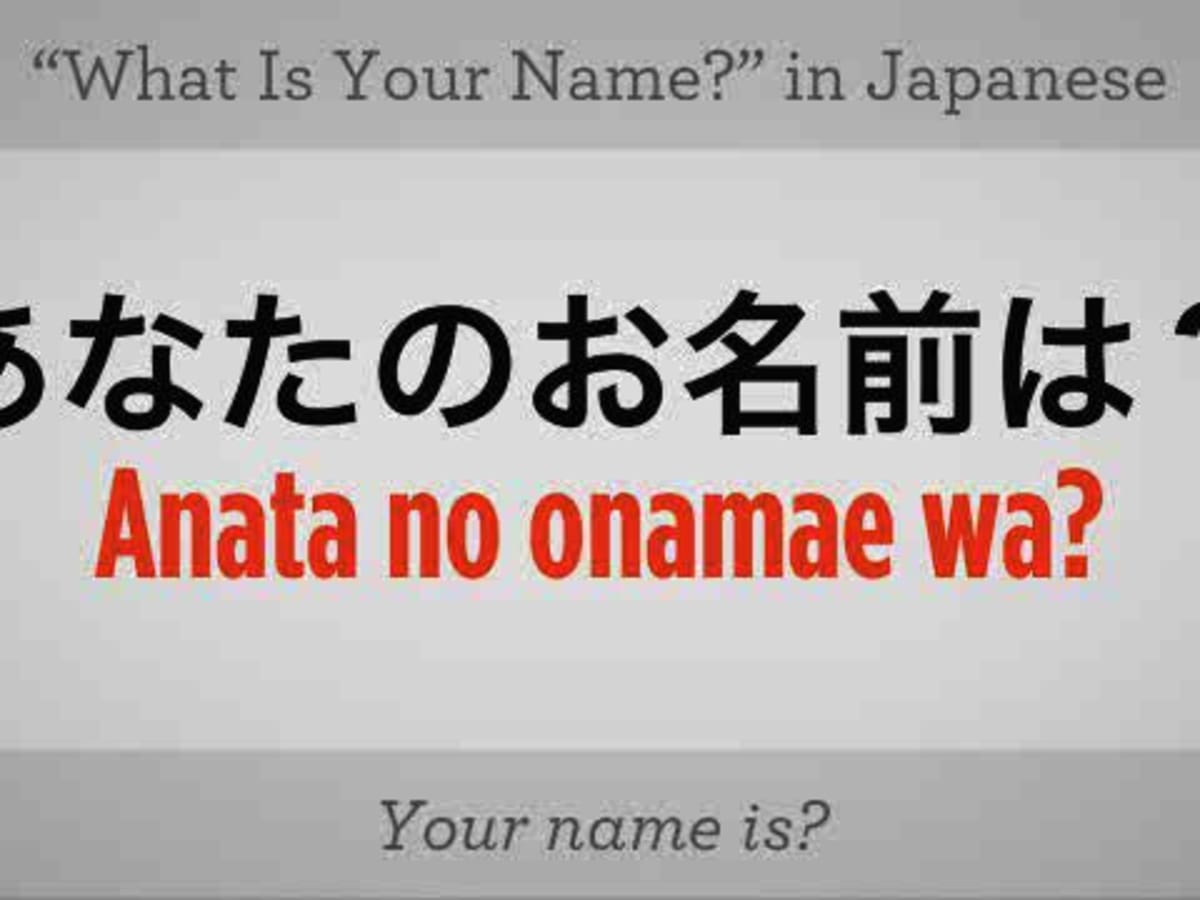



How To Ask What Is Your Name In Japanese Howcast
Japanese Greetings to Say Hello in Japanese First, know that even though hello is a common greeting in English, there isn't really an exact translation in the Japanese language Depending on the time of the day, Japanese people usually greet each other using good morning, good afternoon or good evening insteadJapanese Phrase Lesson 3 Goodbye さようなら – Review Notes Today we learned three ways to say goodbye in Japanese!Sorry Japanese Translation ごめんなさい Gomen'nasai More Japanese words for sorry 痛恨 adjective Tsūkon regretful, explanatory, rueful, apologetic, apologetical かわいそうで adjective




Im Terribly Sorry Taihen Moushiwake Arimasen Gif Im Terribly Sorry Taihen Moushiwake Arimasen Misa Discover Share Gifs
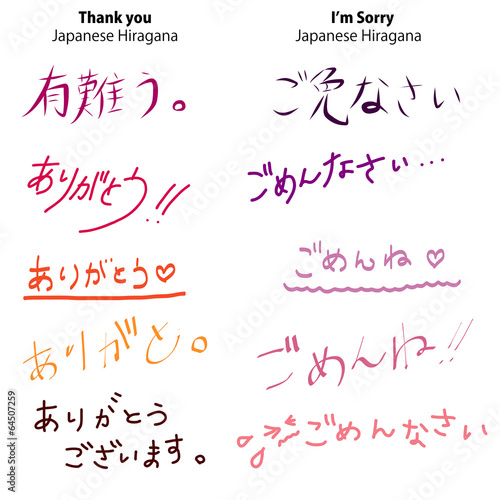



Japanese Hiragana Kanji Font Thank You I M Sorry Stock Vector Adobe Stock
Answers When you "disagree" with an answer The owner of it will not be notified Only the user who asked this question will see who disagreed with this answer OKThis is a really tough question to answer because the Japanese use many phrases to express sorry But saying 申し訳ありません (もうしわけありません)moushiwakearimasen 。 and bending 90 degrees downwards (or in worst cases,on your knees and bent down) would be enough to express your deepest apologiesAi shiteru is a casual, shortened form of the word ai shiteiru 愛している (or ai shiteimasu 愛しています), but neither of these forms is used
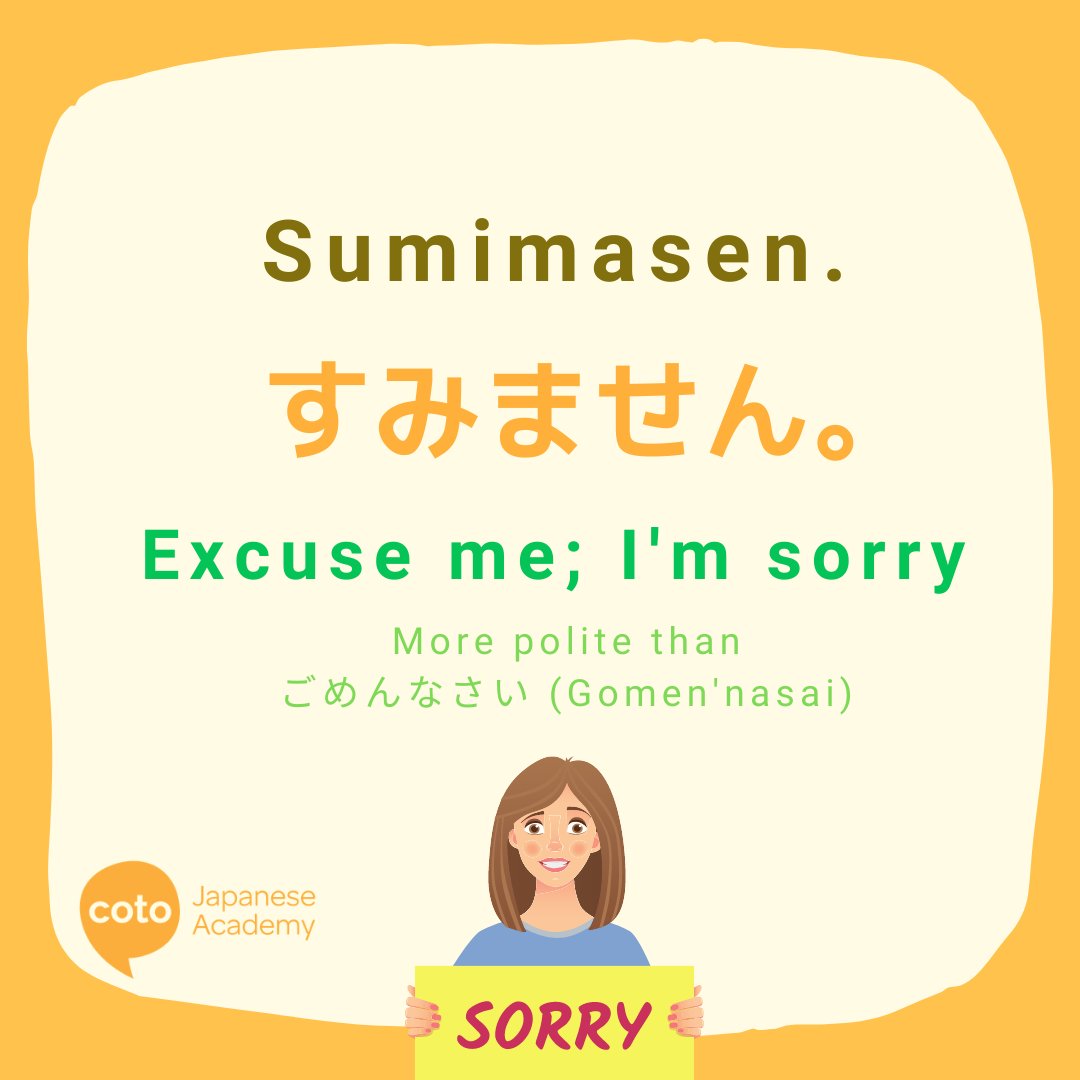



Coto Japanese Academy すみません Sumimasen Means Excuse Me I M Sorry Looking To Learnjapaneseonline Check Out Our Online Lessons T Co U4y27li3jy Learnjapanese Studyjapanese T Co Qx5uvfgkdw




Gomen Nasai How To Say I M Sorry In Japanese
I'm sorry for everything See a translation Report copyright infringement;I'm really sorry That's completely my mistake I misunderstood the price The total price is $2300, isn't it?Here are a few useful phrases for almost any situation you might find yourself in #62 Ki o tsukete (気を付けて) – Be careful (Hint you might say this to someone going on a trip) #63 Yoku dekimashita (よくできました) – Great job #64 Omedetou gozaimasu (おめでとうございます) – Congratulations




Xu Xin Liu Shiwen Regrets Defeat In Japan Japanese Actor Yuki Furukawa Suspiciously Publishes An Article To Ridicule Deletes The Article After Being Scolded And Apologizes Minnews




B1a4 Baby I M Sorry Japanese Ver K Pop Lyrics Song



What Is Sorry In Japanese Quora




58 Images About J A P A N E S E On We Heart It See More About Japanese Quote And Japan
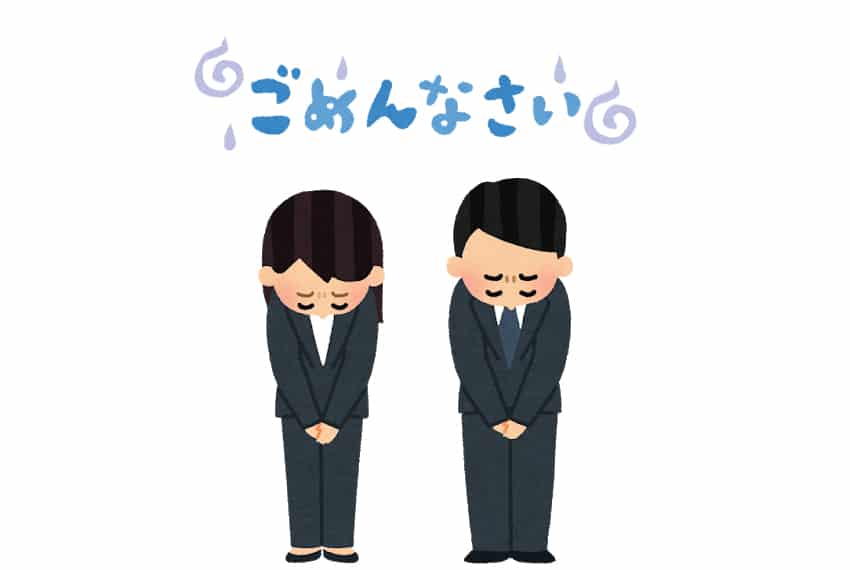



How To Use Gomenasai When You Apologize In Japan




8 Ways Of Saying Sorry In Japanese Learn Japanese Online For Free With Japango




10 Remarkable Ways To Say Sorry In Korean Language Ling App




How To Say I M Sorry Japanese Lessons Youtube




Umm Excuse Me Oh I M Sorry In Japanese




Apologizing The Japanese Way
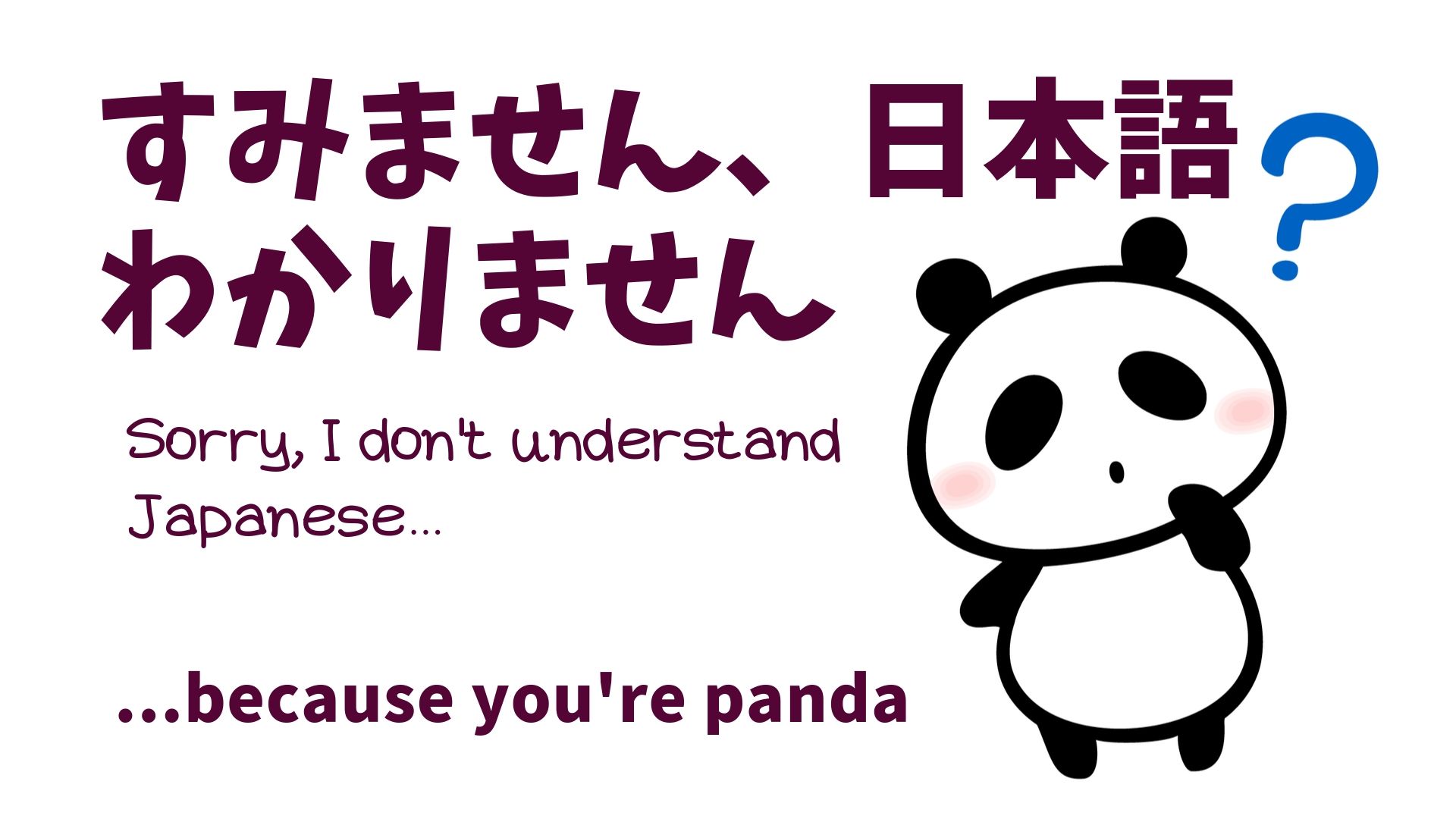



How Do You Say Sorry I Don T Understand Japanese In Japanese Japanesque Cafe




How To Say Sorry In Japanese




Gummy S Japanese Mv I M Sorry Feat T O P Short Ver Released Soompi




6 Way To Say Sorry In Japanese With Face Expression Nihonkai Japanese Language Institute




How To Aplogize In Japanese
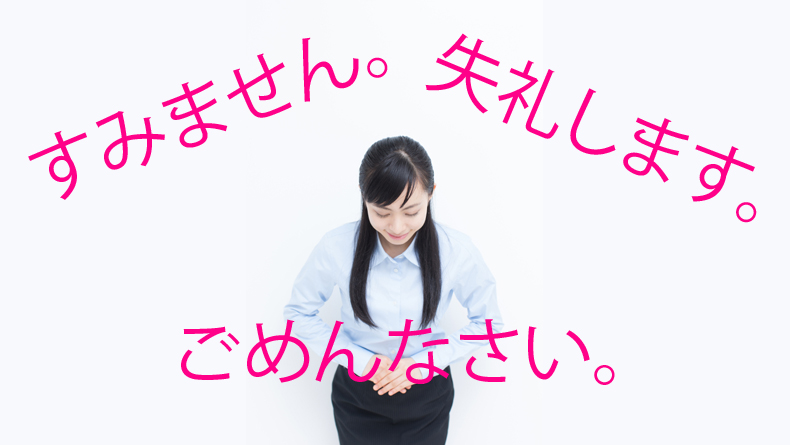



Easy Japanese For Apologizing Savvy Tokyo




I M Really Sorry In Japanese Translation Examples Of Use I M Really Sorry In A Sentence In English




3 How To Say Sorry Differences Native Way Japanese Ammo Youtube




How To Say Sorry In Japanese




Sorry I M Already Taken By Super Sexy Japanese Japan Shirt
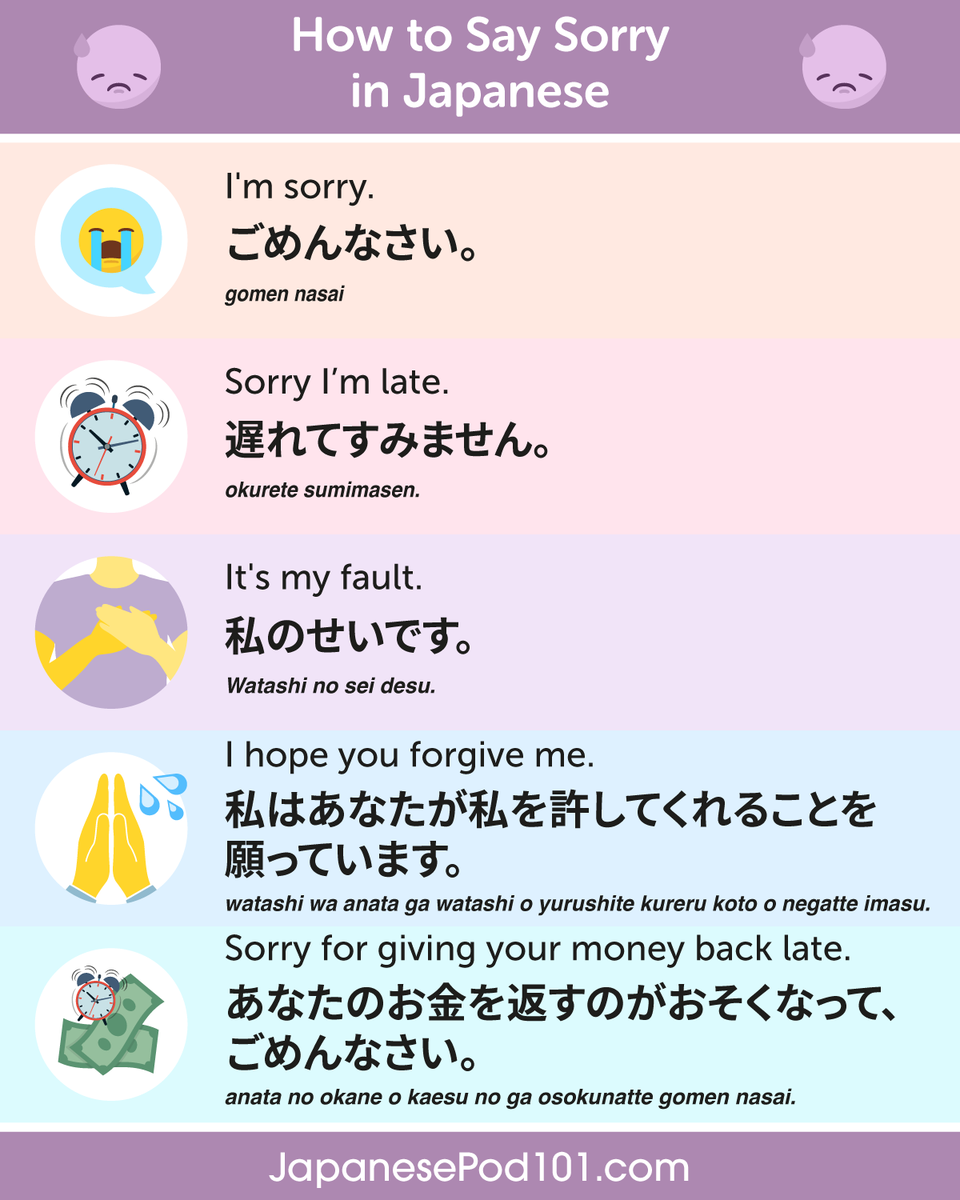



Learn Japanese Japanesepod101 Com Pa Twitter How To Say 𝑰 𝒎 𝒔𝒐𝒓𝒓𝒚 In Japanese Don T Forget To Click The Link In Our Bio Japanesepod101 To Learn More Japanese P S Learn How To Read




How To Say Sorry In Japanese Apologize The Right Way Japanese Tactics



I M Sorry Sir This Is A Japanese Restaurant Humour Hub




How To Say Sorry In Korean Japanese Master 3 Languages Korean Japanese English Facebook
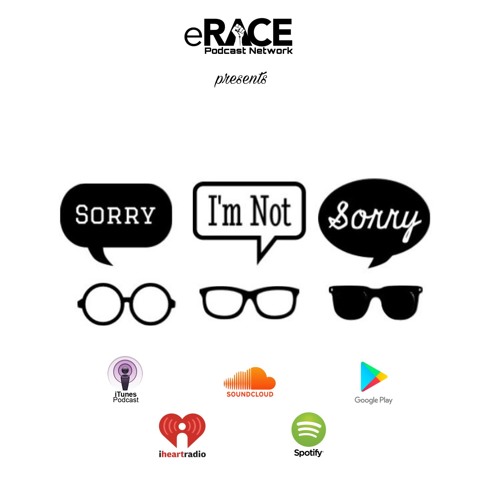



Stream Japanese Sex Moves By Sorry Im Not Sorry Podcast Listen Online For Free On Soundcloud




8 Ways To Say I M Sorry In The Japanese Language
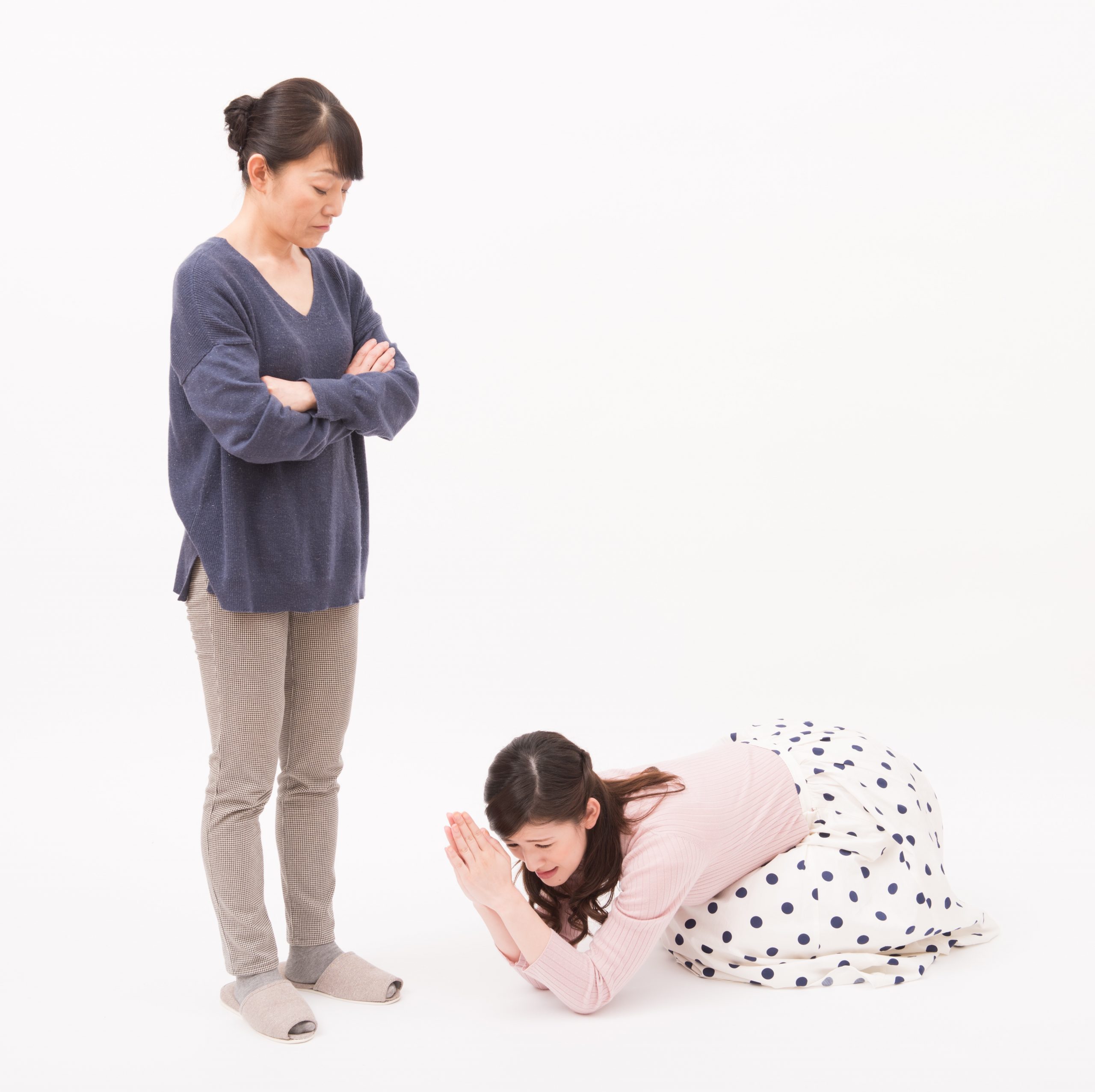



Sorry In Japanese Learn How To Properly Apologize In Japanese
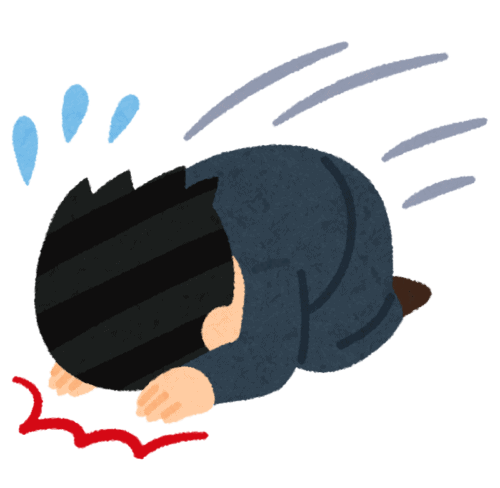



8 Ways To Say I M Sorry In The Japanese Language




How Would I Apologize In Japanese Japanese Phrases Learn Japanese Japanese




Super Useful Phrases In Japanese For Tourists Free Cheat Sheet
/GettyImages-173806909-5792bbe55f9b58173bdf1d3c.jpg)



How To Say Sorry And Apologize In Japanese




Japanese Phrases Pt 5 Cute Words Phrases In Japanese




The Best Way And Tips To Learn The Japanese Language Quickly And Easily Flip Guide




My Apologies How To Say Sorry In Japanese Lingualift




How Do You Say I M Really Sorry In Japanese



Japanese Chinese Sorry Im Not Sure English Hi Can Someone Please Help Translate For Me This Quote That I Found On This Cute Binder Would Really Appreciate It Thank You Translator




Korean Sorry How Say To Im Inhow To Say I M Sorry In Korean Korean Language Korean Words Korean Language Learning
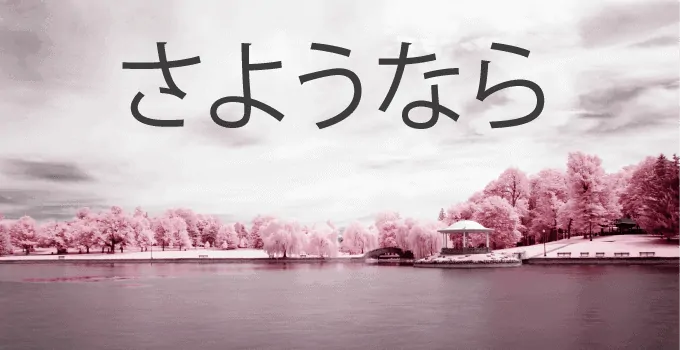



Goodbye In Japanese Saying Sayonara To Your Farewell Confusions




Japanese Phrases Pt 5 Cute Words Phrases In Japanese




Im Sorry Could You Speak Japanese Anime Irl Anime Meme On Me Me




Learn Japanese Japanesepod101 Com How To Say I M Sorry In Japanese Facebook




Sorry I M Already Taken By Super Sexy Japanese Japan Shirt



Studying Japanese Various Way Of Apologizing In Japanese Re Discovery Japan




8 Ways Of Saying Sorry In Japanese Learn Japanese Online For Free With Japango




Japanese Sign Language International Sign Language I M Sorry In Japanese Sign Facebook




Chotto A Little Japanese Word With 7 Different Meanings




Learn The 30 Most Important Words In Japanese




1 4 Excuse Me I M Sorry Japanese Conversation Youtube



Do You Know These 8 Words And Phrases That Mean Sorry In Japanese Japan Info




Excuse You How To Say Sorry In Japanese With 17 Expressions
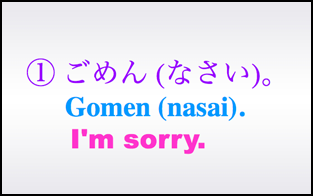



How To Decline In Japanese Punipunijapan




Sorry I M Late Anime Kawaii Japanese Girl Shirt




10 Remarkable Ways To Say Sorry In Korean Language Ling App




How To Say Sorry In Japanese In A Culture That Apologizes For Everything Wexpats Guide




How To Say Sorry In Japanese In A Culture That Apologizes For Everything Wexpats Guide




10 Remarkable Ways To Say Sorry In Korean Language Ling App
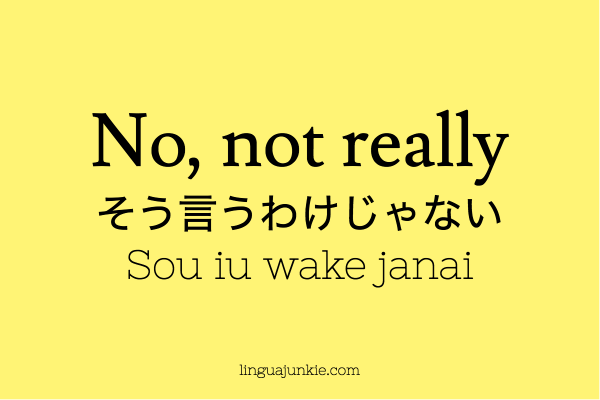



Ways To Say No In Japanese Language Lesson




What Is I M Sorry In Japanese Expressing Apology Manga Japan Travel Tips




How To Say Sorry In Japanese 10 Useful Phrases Wanderingtanuki




Sincerely Apologize Sorry In Japanese Japanese Language Learn Japanese Words Learn Japanese




Apologizing In Japanese すみません Sumimasen I M Sorry Coto Japanese Academy




How Do You Say Sorry Im Late In Japanese Napa Org Pk




Apologizing The Japanese Way




How To Say Sorry In Japanese




Infographic How To Apologize In Japanese Japanesetest4you Com




How To Say No Iie In Japanese




How To Write I M Sorry I M Boring In Japanese Funny Picture Otaku Japanese Funny Japanese Quotes Funny Pictures



1
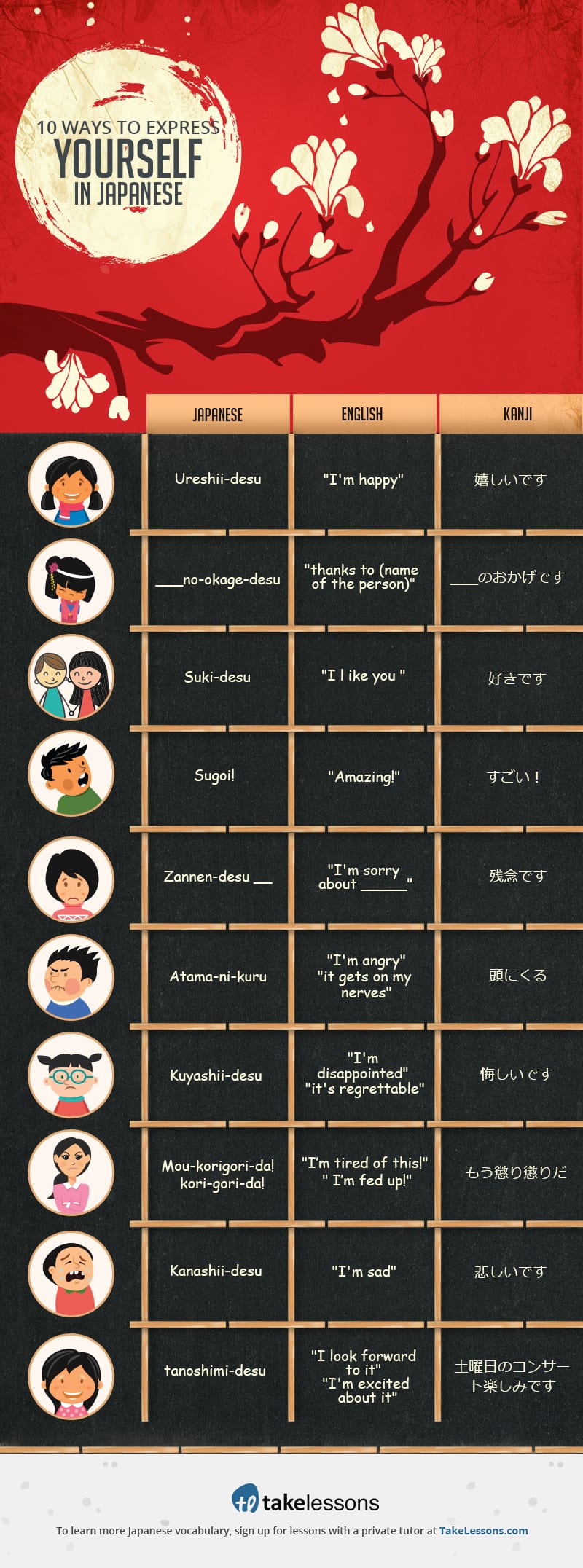



Japanese Vocabulary 10 Ways To Express Yourself




Super Useful Phrases In Japanese For Tourists Free Cheat Sheet




How To Say I M Sorry Japanese Lessons Youtube




The Many Ways To Say Sorry In Japanese c News




Sorry For Saying Thank You The Many Uses Of Sumimasen




Essential Japanese Phrases For Travelers To Japan




Smile Nihongo Academy Do You Know How To Say I M Sorry I M Late Properly We Have Three Ways To Say To Be Late In Japanese Depending On The Situation Do You




7 Ways To Apologise In Japanese Learn Japanese Words Basic Japanese Words Japanese Language Learning



1




Everyday Japanese Phrases We Ll Help You Learn A Few Basics



0 件のコメント:
コメントを投稿